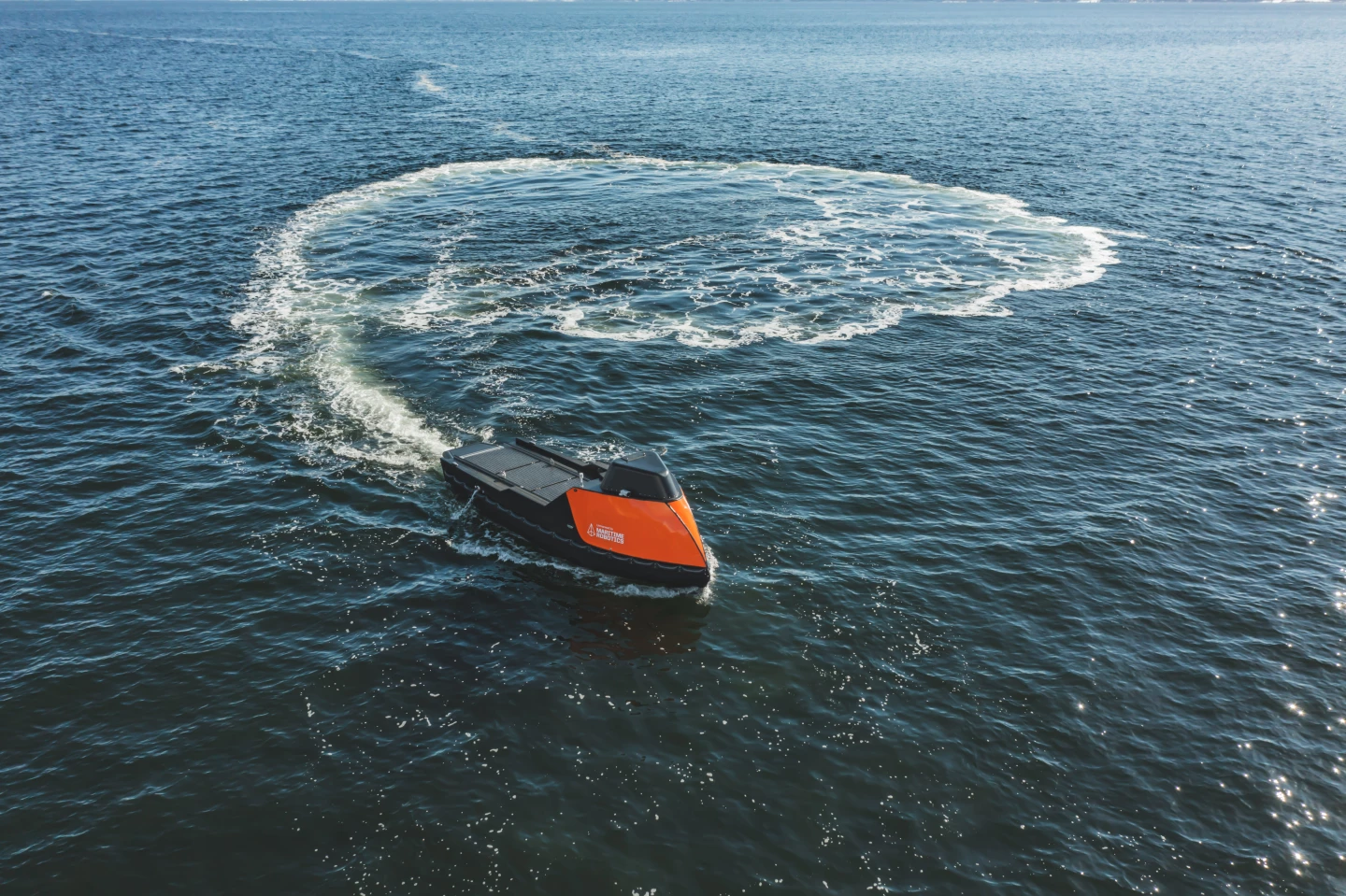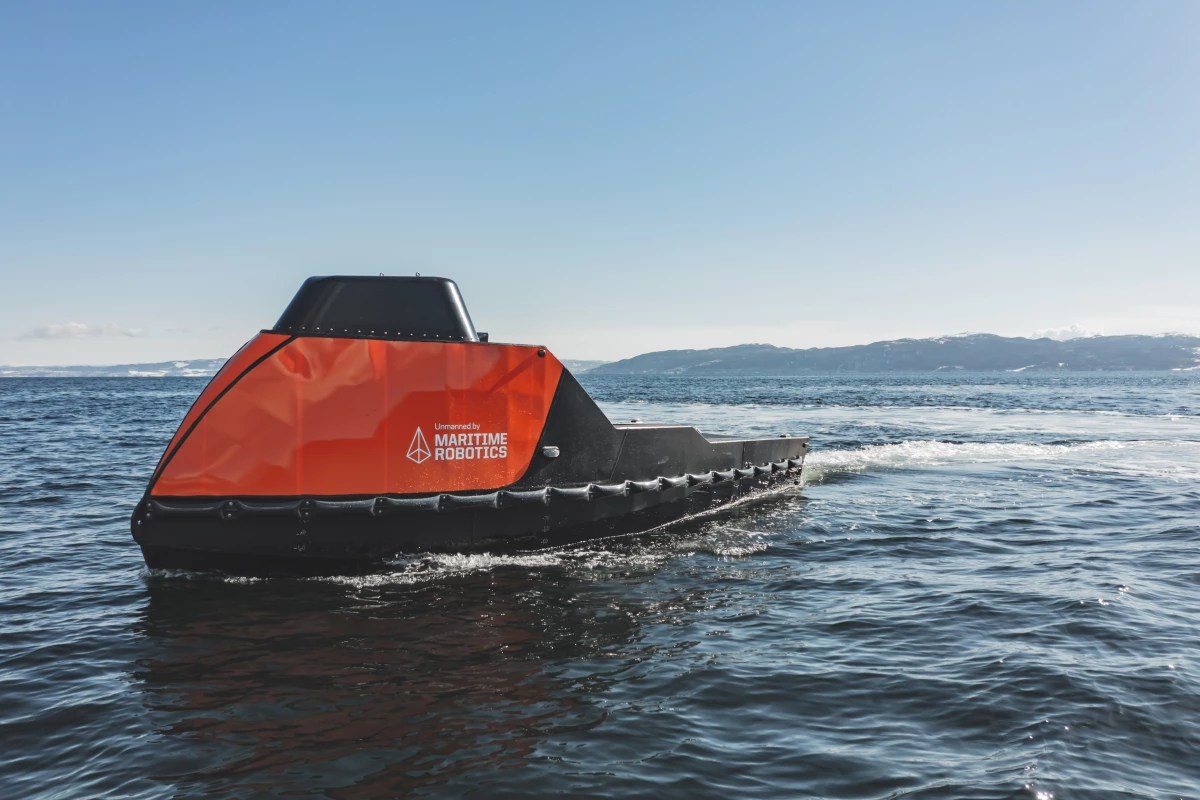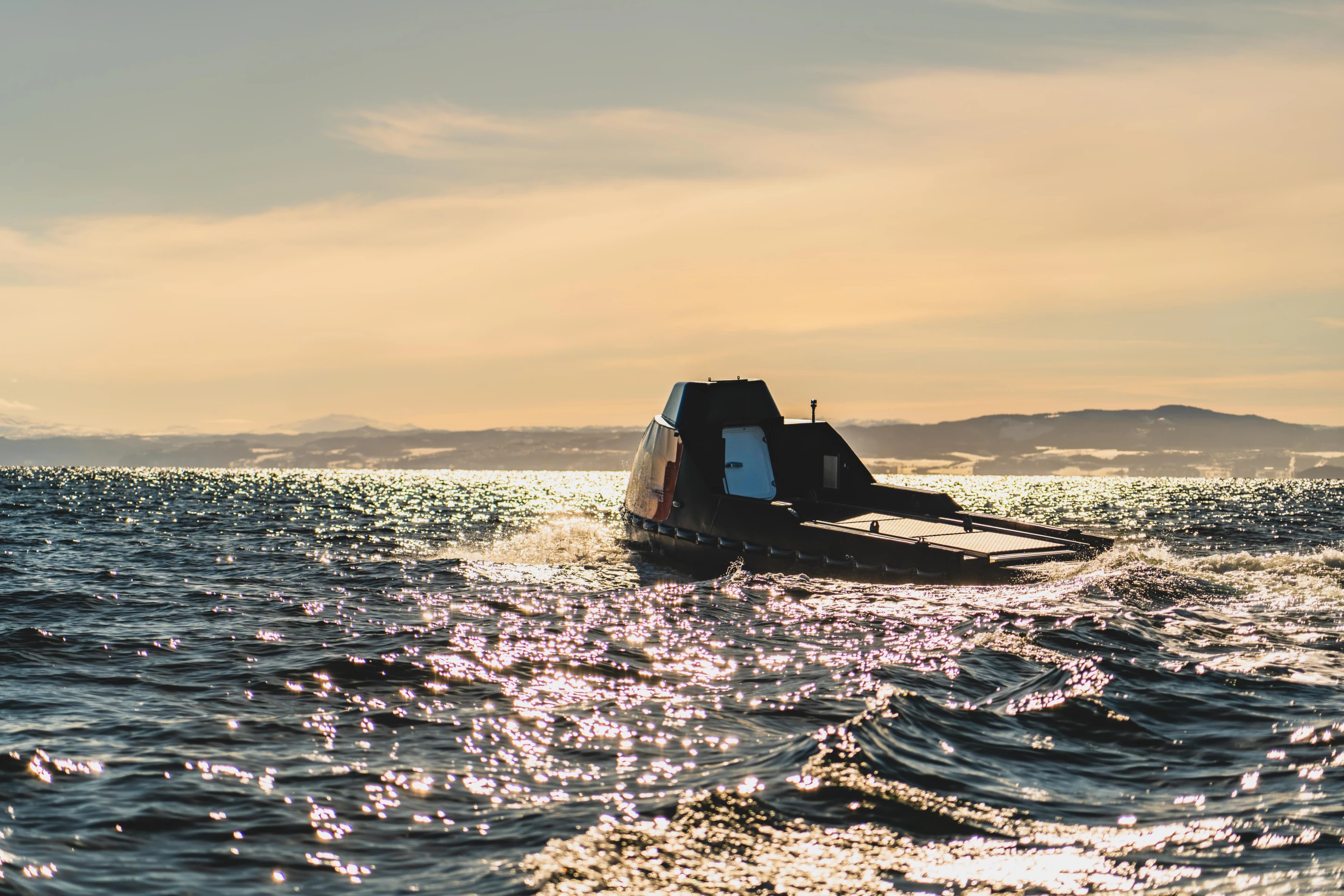Norway's Argeo has launched the first uncrewed survey and inspection vessel based on the Mariner X platform from Maritime Robotics. The Argus is expected to undertake mapping and inspection operations for offshore wind projects.
The Argus multi-purpose unmanned surface vessel (USV) is 9 m (29.5 ft) long and can be transported in a shipping container to port for launch, or can be craned into the water from the conventional crewed survey vessel it's been designed to work alongside.
"The strong polyethylene hull makes the Mariner X a stable, unsinkable, and near-maintenance-free platform capable of handling extreme weather conditions," said Joel Pederick, Product Manager for Mariner and Mariner X at Maritime Robotics. "Tuned radome protects the antennas from harsh elements such as icing in arctic environments."
That radome is home to all of the core hardware from Maritime Robotics, while a rail system on the 5 m2 (53.8 ft2) backdeck caters for field-swappable cargo or custom payloads. A configurable sensor suite can be used to investigate shallow water geology and undertake detailed seabed mapping in water depths between 2 and 200 meters (6.5 - 656 ft), and the Argus can be kitted out with Argeo's electromagnetic technology for surveys of unexploded ordnance and a new ultra-high-resolution seismic system if needed.

Autonomous systems allow for remote supervision and full control courtesy of cooked-in Wi-Fi and LTE, with the operators able to remotely monitor the surroundings while also being alerted to potential collisions thanks to the combined efforts of onboard Class B AIS, (Automated Identification System), radar and livestream video cameras.
At a steady survey speed of 4 knots, the hybrid propulsion system is reported to offer a range of more than 2,500 nautical miles and an endurance of up to 25 days.
The Argus has launched to tackle offshore wind applications, but can also provide low-emissions support for other members of the offshore energy sector, such as oil and gas. And zero-emission operations are very much in the pipeline.
"We managed a 95 percent reduction in the emission compared to a traditional manned vessel," said Argeo CEO, Trond Crantz. "Our goal is 100 percent, which we hope to reach soon."
Sources: Maritime Robotics, Argeo







